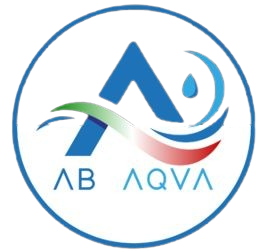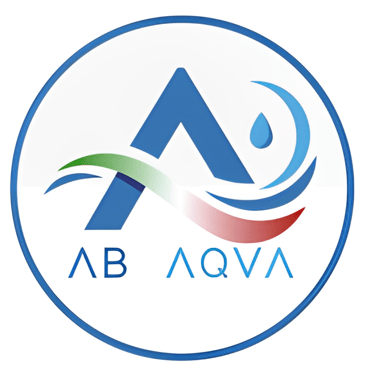International Workshop at Lund University
Filippo Verre - May, 28 2025
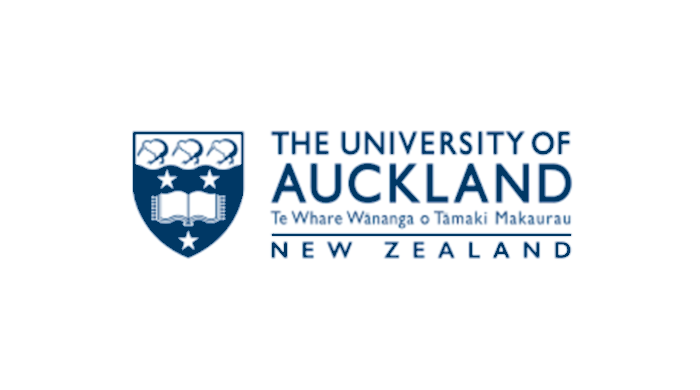

Between May 16 and June 1, 2025, Filippo Verre, President of AB AQUA – Italy’s first think tank dedicated to water strategy and sustainable hydro-governance – took part in a stimulating academic exchange between Lund University (Sweden) and the University of Auckland (New Zealand). This initiative was part of a broader effort to strengthen interdisciplinary collaboration and foster meaningful dialogue on global environmental research and policy innovation. The exchange was co-organized by two leading academic institutions: the Centre for Advanced Middle Eastern Studies (CMES) at Lund University and the Centre for Climate, Biodiversity and Society at the University of Auckland, both internationally recognized for their pioneering work in sustainability, climate policy, and geopolitical research.
The exchange brought together scholars, practitioners, and institutional actors to explore the intersections between environmental science, policy-making, and strategic governance in an increasingly volatile global context. As both an academic and a practitioner engaged in environmental diplomacy and strategic water planning, Dr. Verre contributed to multiple academic sessions and informal knowledge-sharing forums, offering insights drawn from his experience across Europe, Central Asia, and the Middle East.
A key highlight of the exchange occurred on May 28, when Filippo Verre participated in an international panel discussion on water collaboration and strategy. This high-level session convened researchers, policy advisors, and water governance specialists from a range of regional and disciplinary backgrounds, including experts from Africa, Latin America, Oceania, and the Middle East. The discussion focused on emerging models of hydro-diplomacy, the strategic management of transboundary aquifers, and the critical role of technological innovation in shaping next-generation water strategy frameworks.
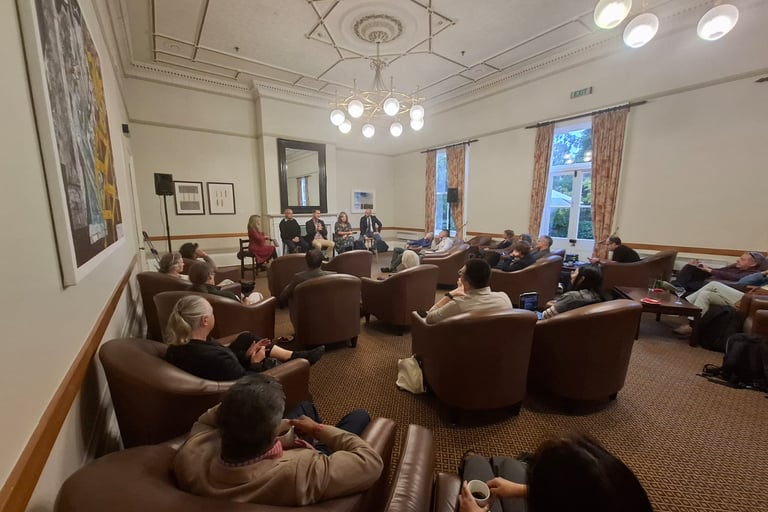

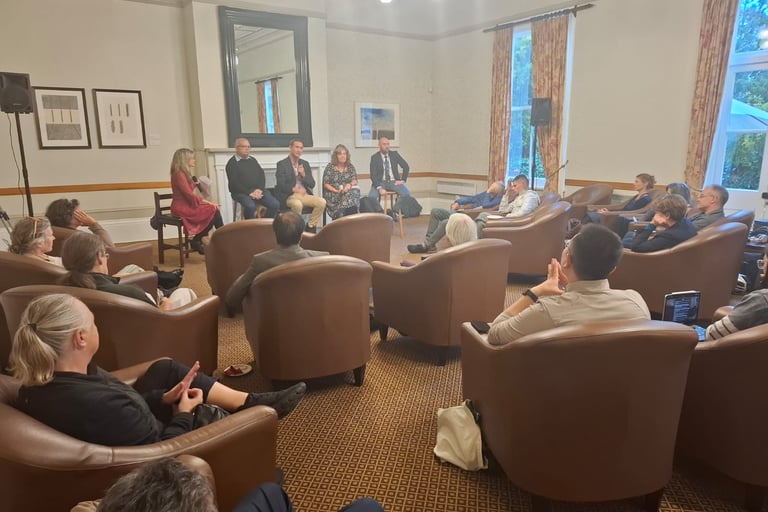

Dr. Verre emphasized the importance of shifting from a reactive to a proactive water diplomacy paradigm, one that integrates predictive tools, scenario planning, and systems thinking to anticipate risks and enhance cooperative resilience. The panel underscored how underground water reservoirs – often invisible and politically overlooked – must be brought to the center of international water governance discourse. In particular, participants explored successful case studies and ongoing challenges in coordinating shared aquifer systems, with an eye to fostering equitable access and minimizing conflict potential.
Another recurring theme throughout the panel was the urgency of developing adaptive strategies in the face of escalating climate volatility. The impact of increasingly erratic precipitation, prolonged droughts, and the growing geopolitical relevance of water as both a lifeline and a source of leverage were discussed in depth. There was strong consensus that science and diplomacy must be integrated more systematically, and that institutions at all levels – from local watershed authorities to multilateral organizations – need to adopt flexible, data-informed approaches to water governance.
The event offered an invaluable opportunity to compare perspectives across regions, disciplines, and institutional cultures, enriching the global conversation on sustainable water strategy. Dr. Verre’s participation reflected AB AQUA’s mission to bridge policy, research, and real-world implementation, and to promote international cooperation as a cornerstone of environmental security in the 21st century.
This academic exchange ultimately reaffirmed the importance of interregional collaboration in addressing complex environmental challenges and highlighted how inclusive, interdisciplinary platforms can accelerate the development of innovative solutions for the world’s most pressing water-related issues.
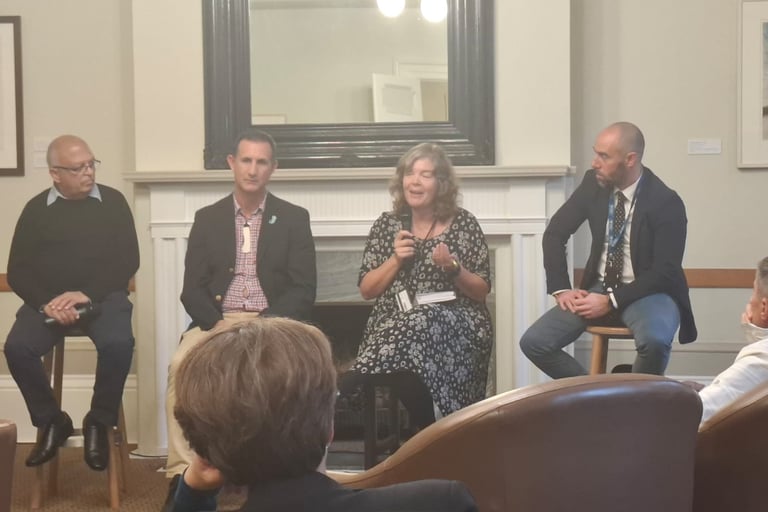

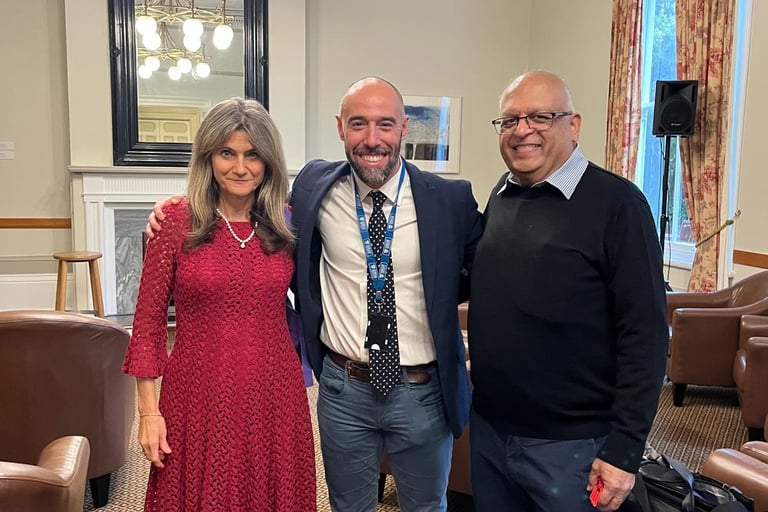

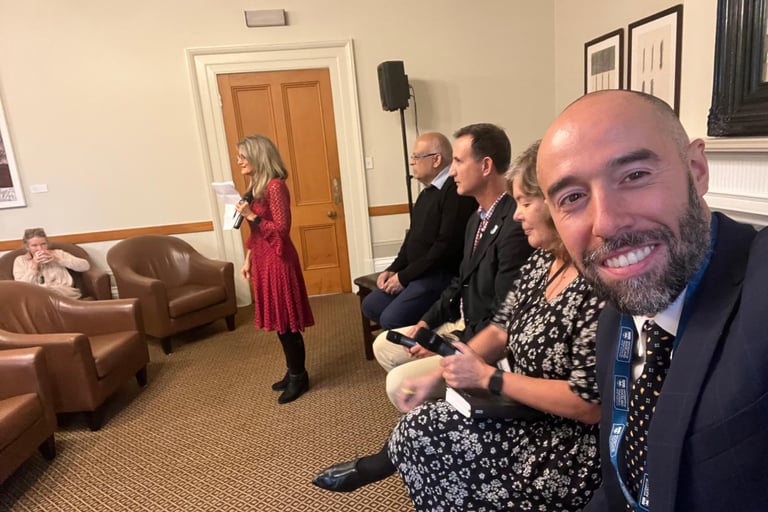

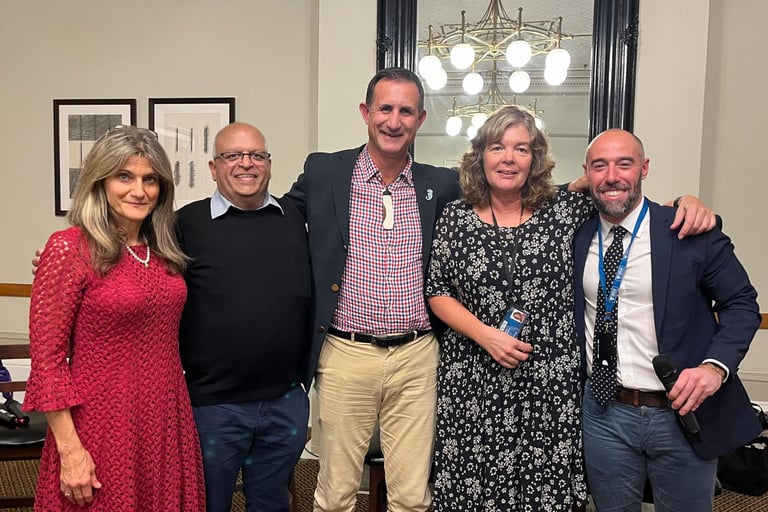

Abaqua
Via Cassia, 615
00189 Roma (RM)
© 2024. All rights reserved.
Codice Fiscale: 96584590580
